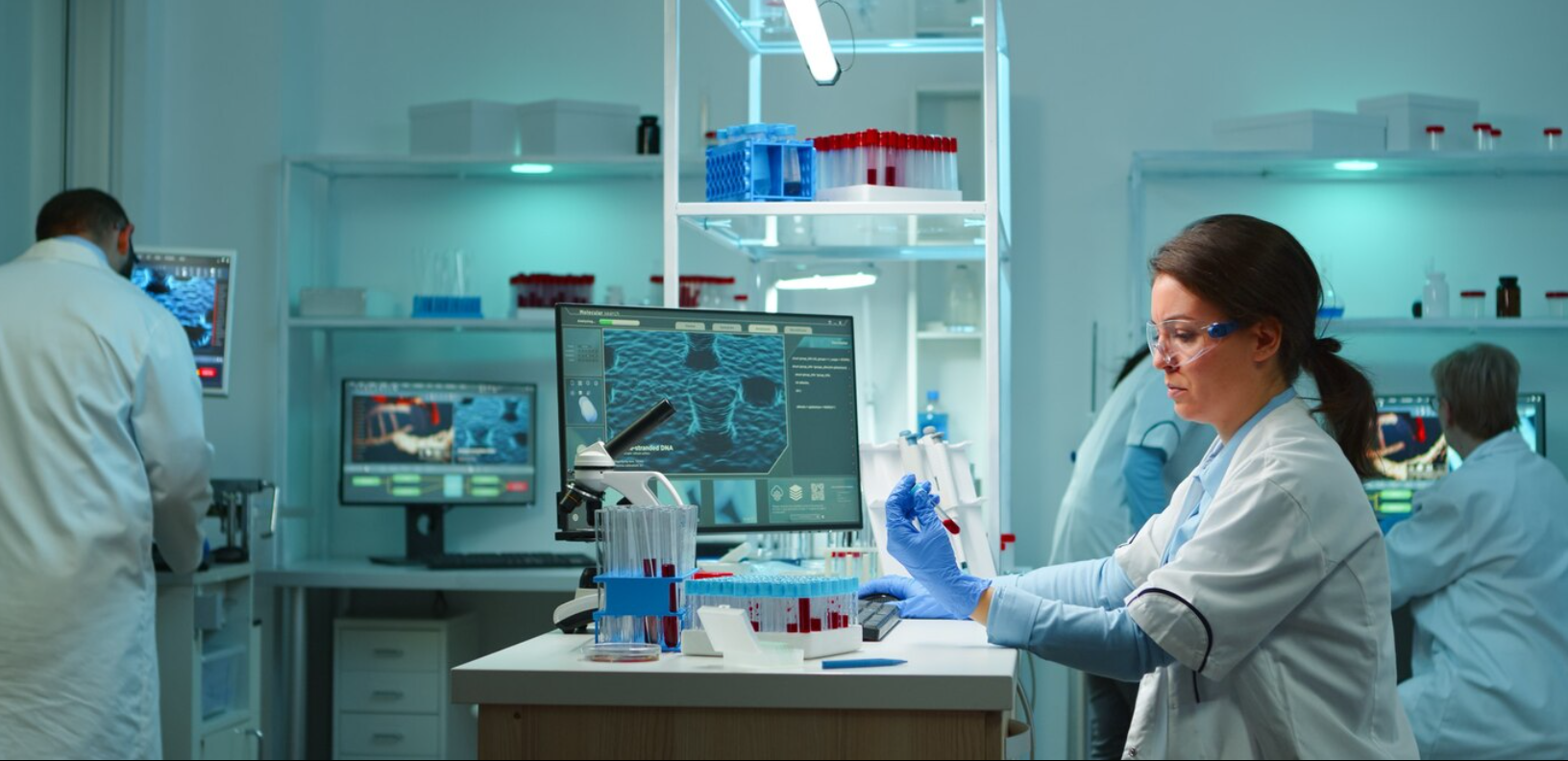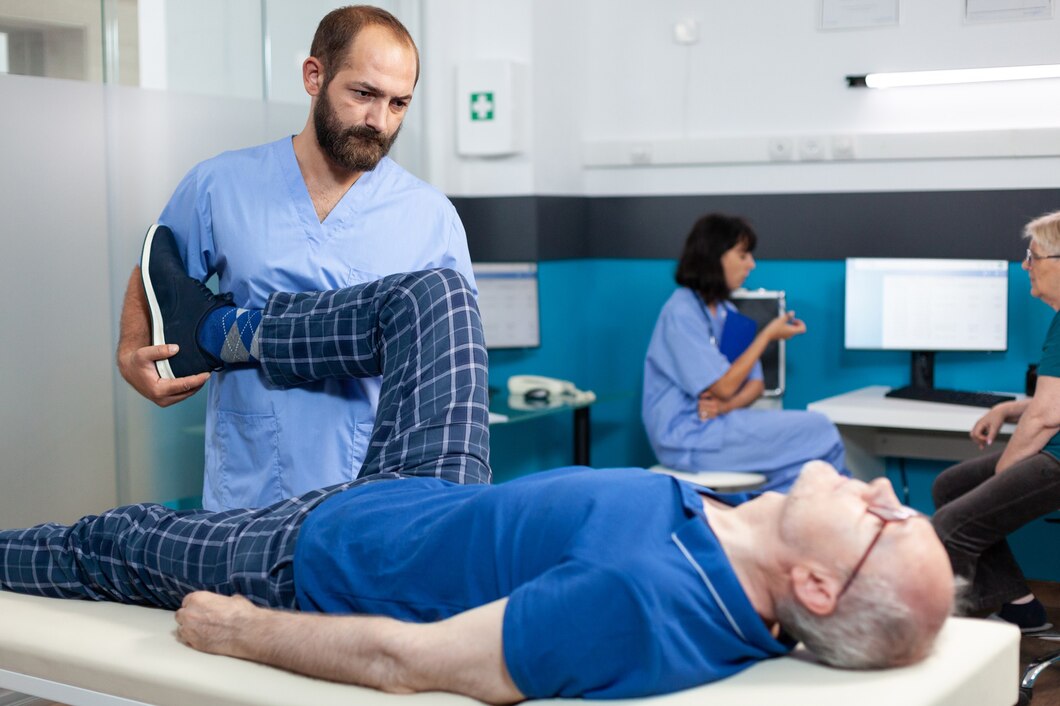The Role of Medical Labs in Early Disease Detection
Catching diseases early can save lives. When health issues are identified at their earliest stages, treatment becomes more effective, less invasive, and often less expensive. Medical labs play a central role in making early disease detection possible. They provide the tools and technology to screen, test, and diagnose illnesses before symptoms even appear. In this blog, we will explore how medical labs contribute to early disease detection and why they are so vital in modern healthcare.
Why Early Disease Detection Matters
Early disease detection is crucial for improving health outcomes. When diseases are caught early, they are often easier to manage and treat. This reduces the risk of complications and allows patients to lead healthier lives. For instance, conditions like cancer, diabetes, and heart disease can progress silently, causing damage over time without noticeable symptoms. Routine screenings and lab tests can uncover these issues before they become severe.
One example is cancer screening. Many forms of cancer, such as breast, cervical, and colon cancer, have better survival rates when detected early. Similarly, catching diabetes during the prediabetes stage allows for lifestyle changes that can prevent it from developing into full-blown diabetes. Early detection not only saves lives but also lowers healthcare costs by avoiding the need for extensive treatments down the line.
The Role of Medical Labs in Screening and Testing
Medical labs are the backbone of disease detection. They conduct a wide range of tests that help identify health problems at their earliest stages. Some common types of tests include:
- Blood Tests: These tests measure various components in the blood, such as cholesterol, glucose, and specific biomarkers. For example, a simple blood test can detect high cholesterol levels, which are a risk factor for heart disease.
- Pathology Tests: When a doctor suspects something abnormal, such as a lump or lesion, a biopsy sample may be sent to a lab for analysis. Pathologists examine these samples under a microscope to determine if they are cancerous or benign.
- Molecular and Genetic Tests: These advanced tests identify genetic predispositions to certain diseases. They can also detect infections or abnormalities at the molecular level, often before symptoms appear.
Medical labs work hand-in-hand with healthcare providers to ensure timely and accurate results. Without them, doctors would lack the detailed information needed to make informed decisions about a patient’s care.
Key Technologies in Modern Medical Labs
Modern medical labs use cutting-edge technology to improve the speed and accuracy of testing. Some of these advancements include:
- Automated Analyzers: These machines can process large volumes of samples quickly and with precision. They are commonly used for routine blood tests and chemical analyses.
- Artificial Intelligence (AI): AI-powered tools assist in analyzing complex data, such as imaging results or genetic sequences. This speeds up diagnosis and reduces the risk of human error.
- PCR (Polymerase Chain Reaction): This technology is widely used to amplify DNA and RNA samples, making it easier to detect infections like COVID-19 or genetic abnormalities.
- Genomic Sequencing: This cutting-edge method provides a detailed map of a person’s genetic makeup, helping to predict and prevent diseases.
These technologies not only improve the accuracy of tests but also allow for earlier detection of diseases that were once difficult to diagnose.
Choosing the Right Medical Lab
Selecting a reliable medical lab is essential for accurate test results. Here are a few tips to consider:
- Check Accreditation: Ensure the lab is certified by recognized organizations, which guarantees they meet high standards of quality and safety.
- Look for Convenience: Choose a lab that is close to your location. Searching for a “medical lab near me” can help you find a facility that is both accessible and trustworthy.
- Read Reviews: Patient feedback can provide insights into the lab’s reliability, customer service, and turnaround times.
- Ask About Services: Make sure the lab offers the specific tests you need and provides clear, easy-to-understand results.
By choosing the right lab, you can feel confident that your health is in good hands.
Real-Life Examples of Impactful Early Detection
Early detection has transformed countless lives. For example, regular screenings for cervical cancer have drastically reduced the number of cases and deaths related to the disease. Similarly, routine blood pressure checks can alert patients to hypertension before it leads to serious complications like heart attacks or strokes.
In one inspiring case, a woman in her 40s went for a routine blood test and discovered elevated liver enzymes. Further testing revealed early-stage liver disease, which she managed through lifestyle changes and medication. Without the lab test, the condition might have progressed unnoticed.
These stories highlight the power of medical labs in preventing serious health issues and improving quality of life.
Conclusion
Medical labs are an essential part of the healthcare system. They enable early detection of diseases, helping patients get the care they need before it’s too late. From routine blood work to advanced genetic testing, these labs provide the information doctors need to make accurate diagnoses and create effective treatment plans.
Taking charge of your health starts with regular screenings. If you haven’t had a check-up recently, consider searching for a medical lab near me to schedule your tests. Early detection can make all the difference, so don’t wait—take the first step toward better health today!














Post Comment